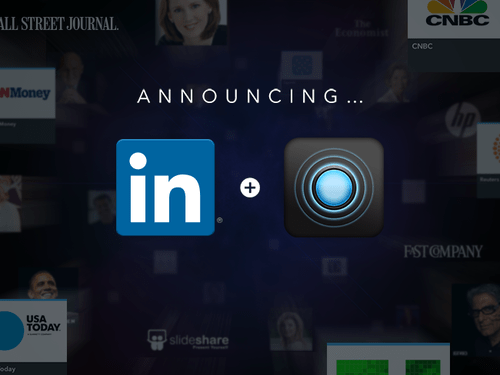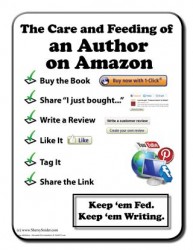We’ve all seen the videos of kids who try to use a paper magazine like they would an app, but did you know that adults sometimes make that same mistake?
I’ve made that mistake, and I was reminded about yesterday by a funny post over on Gizmodo. The author was reading a hefty book when he forgot he was reading a book:
I was reading Canetti’s Crowds and Power, a solid 400-page book. And then, as my eyes were approaching the end of yet another page, I swiped upwards.
My index finger, quite naturally, swiped upwards on the paper, in an attempt to move the lines I was reading more towards the middle of the page.
That post is getting an unreasonable amount of criticism from commenters, IMO. After I started reading the nasty comments I decided that it would be fun to post my story and invite contributions. I’ve made almost the same mistake as that other blogger, and it is as funny to me then as it is now.
This was back in the dark ages of ebooks (2007, I believe). I was studying at the time and I had my laptop and a few reference and technical books spread out in front of me. These were big books, most the size of textbooks, and they were in between me and my laptop.
To make a long story short, when I needed to turn the page of one of the books I reached out and pressed the page down button on my keyboard. Obviously it didn’t work, but it took me a few second to realize that.
I’ve never forgotten that story, and I still get a chuckle out of it. Do you have any similar tales? Feel free to leave them in the comments.

![tumblr_inline_ml3s0b4LBL1qz4rgp[1]](https://the-digital-reader.com/wp-content/uploads/2013/04/tumblr_inline_ml3s0b4LBL1qz4rgp1-250x187.png)
![tumblr_inline_ml3kqbe4zp1qz4rgp[1]](https://the-digital-reader.com/wp-content/uploads/2013/04/tumblr_inline_ml3kqbe4zp1qz4rgp1-250x163.png)


